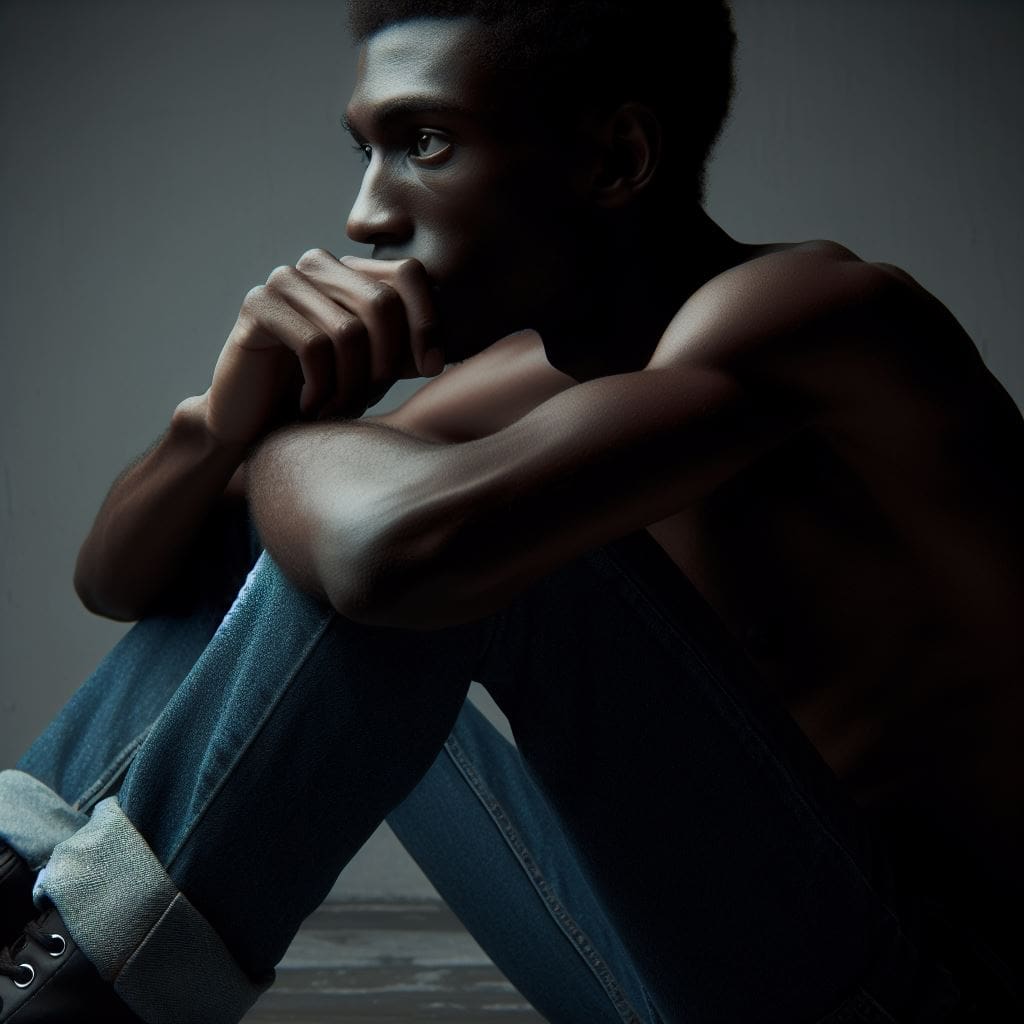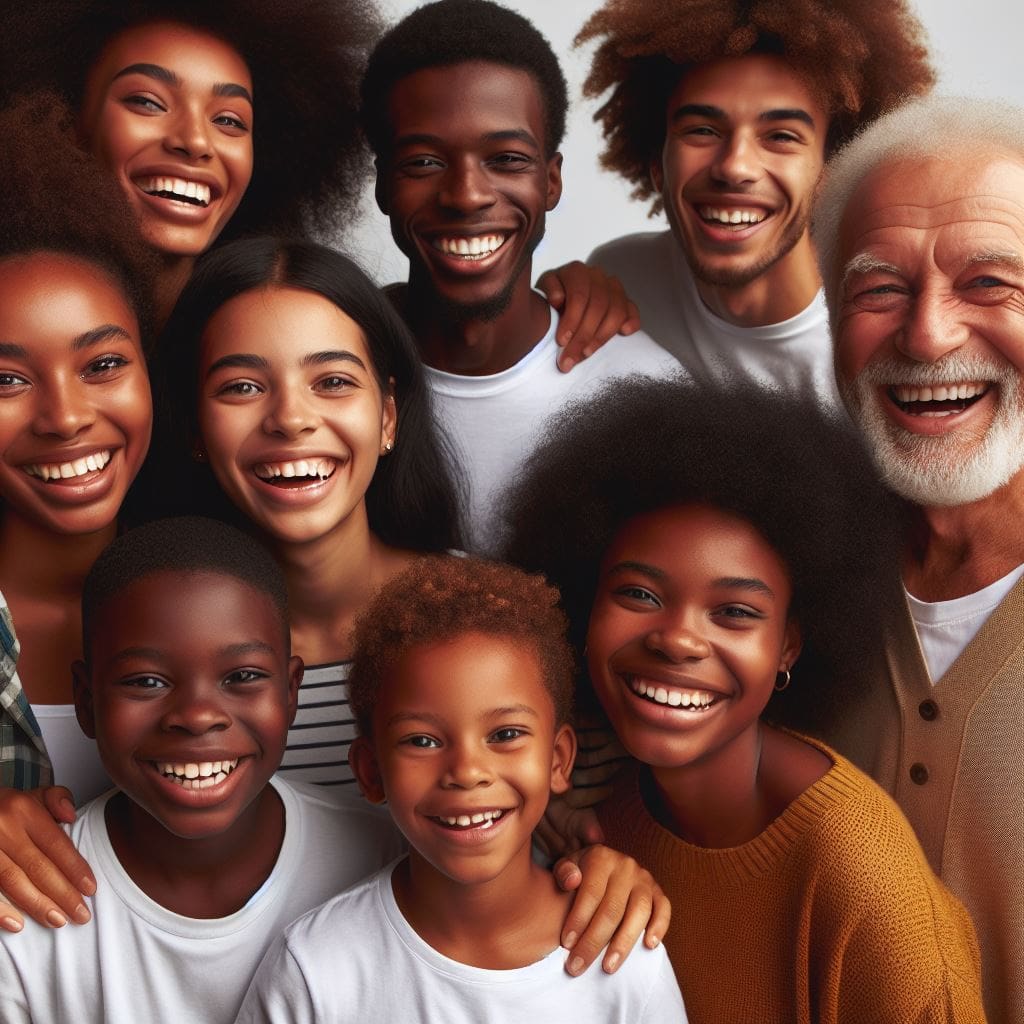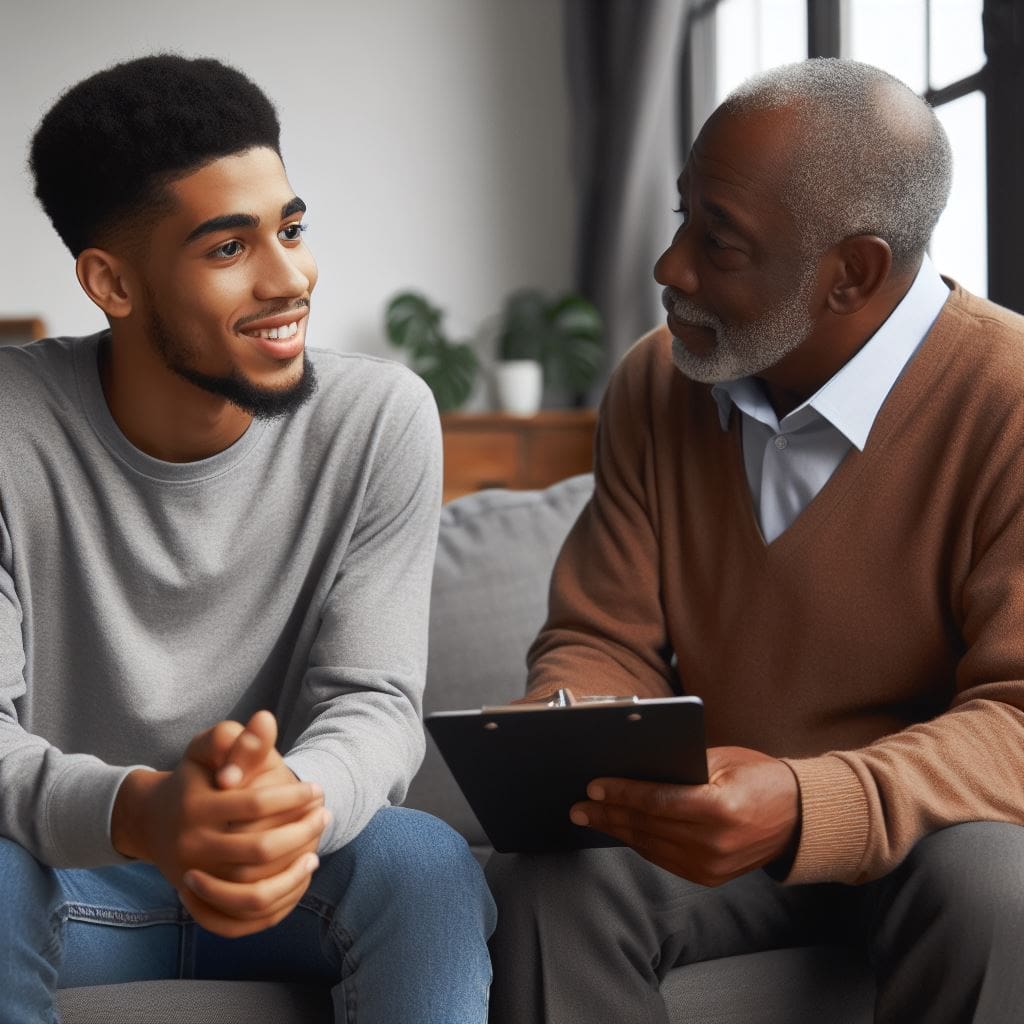
Do you ever feel a little scared or worried about growing older? It’s okay – lots of people feel that way sometimes. “Age anxiety” or “age panic” is a feeling of uneasiness and apprehension that many people experience as they grow older.
Let’s talk about why that happens and what you can do to feel better. It’s not uncommon to feel a sense of anxiety or unease about the passage of time and the process of aging.
Whether it’s the pressure to achieve certain milestones by a certain age, concerns about physical appearance, or worries about health and mortality, age-related anxiety can affect individuals of all ages.
In this article, we’ll explore the phenomenon of age anxiety, its causes, and practical strategies for coping with it.
Understanding Age Anxiety
Age anxiety is a psychological condition that refers to a range of emotions, such as worry, unease, or fear, that individuals may experience as they go through the process of aging.
While it’s natural for people to reflect on their past, present, and future as they grow older, some may feel anxious about the changes associated with aging. These changes may include physical, cognitive, and social changes, such as declining health, dementia, or social isolation.
Age anxiety can be a problem when it starts to interfere with an individual’s daily functioning and overall well-being. It may lead to depression, social withdrawal, and decreased quality of life.
Sometimes, age anxiety can be a symptom of an underlying mental health condition, such as generalized anxiety disorder or obsessive-compulsive disorder.
There are several ways to manage age anxiety and improve mental health and well-being. In some cases, individuals may benefit from professional counseling or therapy to help manage age anxiety and address any underlying mental health conditions.
Common Causes of Age Anxiety
The question is posed, why Do People Get Worried About Age? Several factors can contribute to age-related anxiety, including:
Age-related anxiety can manifest in different ways for different people. Some may feel pressure to achieve certain milestones by a certain age, whether it’s related to career, relationships, or personal goals.
Others may feel a sense of unease as they reflect on their past and worry about the future. Concerns about physical appearance, health, and mortality can also contribute to age-related anxiety.
Sometimes, people feel anxious about getting older because they think they should have done certain things by a certain age. Like maybe, they think they should have a good job, be married, or have kids. But everyone’s life is different, and it’s okay to go at your own pace.
Seeing other people doing well on social media can make us feel like we’re not doing enough. But it’s important to remember that what we see online isn’t always the whole story. Everyone faces struggles, even if they don’t talk about them online.
We might also worry about getting sick or not being able to do things we used to do. It’s natural to be afraid of these things, but it’s also important to remember that worrying too much can make us feel worse.
Societal Expectations:
One of the reasons for age anxiety is societal expectations. Society often places pressure on individuals to achieve certain milestones by a certain age, such as finding a good job, getting married, or having children.
When people feel like they haven’t met these expectations, they may experience anxiety about their age and feel like they’re falling behind in life.
Comparisons to Others:
Another reason for age anxiety is social comparison. With the rise of social media, people can easily compare themselves to others and feel like they’re not measuring up. Seeing other people’s highlight reels can make us feel inadequate or like we’re not doing as well as others in life.
Fear of Aging and Mortality:
Fear of decline is another reason why people might feel worried about getting older. Many people worry about the possibility of developing illnesses or disabilities that could limit their independence or quality of life.
Many people experience a heightened sense of fear and anxiety when faced with the possibility of dealing with health issues, particularly if they have witnessed their older relatives or friends going through similar experiences in the past.
The fear can stem from a variety of factors, such as the physical and emotional toll of the illness, financial concerns, and uncertainty about the future.
Cultural Norms:
Cultural attitudes toward aging can also affect how people feel about getting older. Different cultures have different attitudes toward aging, and some cultures place a high value on youthfulness and vitality.
This can create pressure for individuals to maintain a youthful appearance and lifestyle as they age, which can be challenging and stressful for them.
However, age anxiety is a complex feeling that can stem from a variety of reasons. By understanding these reasons, we can work towards overcoming age anxiety and living a fulfilling life as we grow older.

Coping Strategies for Age Anxiety
While age anxiety can feel overwhelming, there are several strategies that can help individuals cope with these feelings and regain a sense of peace and contentment:
Be kind to yourself. It’s okay to feel scared or worried sometimes. Treat yourself like you would treat a friend who was feeling down.
Focus on what’s happening right now. Instead of thinking about the past or worrying about the future, try to enjoy the present moment. Spend time with people you care about, do things you love, and notice the little things that make you happy.
Set small, achievable goals. Instead of trying to do everything at once, break your goals down into smaller steps. Celebrate each little success along the way.
Think about the good things in your life. Take a few minutes every day to think about the things you’re grateful for. It could be something big, like your family, or something small, like a nice cup of tea.
Talk to someone you trust. It can really help to talk about your worries with someone who cares about you. They might have felt the same way before and can offer some advice or just listen.

Remember that growing older is a normal part of life. Instead of being afraid of getting older, try to think of it as an adventure. You’ll learn new things, meet new people, and have new experiences along the way.
A Positive Perspective on Aging
While aging comes with its challenges, it’s also a time of opportunity for growth, self-discovery, and personal fulfillment. Here are some ways to shift your perspective and embrace a more positive outlook on aging:
- It’s important to recognize and celebrate the skills, experience, and wisdom you have accumulated over the years.
- Try pursuing hobbies, interests, or volunteer activities that bring you joy and purpose.
- See life transitions as opportunities for growth and reinvention, and always maintain a grateful attitude by focusing on the good things in your life, no matter how small.
- Lastly, try to enjoy the present moment instead of dwelling on the past or worrying about the future.
Conclusion
Age anxiety is a common experience that can affect individuals of all ages, but it doesn’t have to overshadow the joys and blessings of life.
A person can surely learn to navigate age-related anxiety and depression with grace and resilience by understanding the factors that contribute to it and implementing practical coping strategies.
Remember, you’re never alone in your journey, and there’s always support available to help you along the way.



